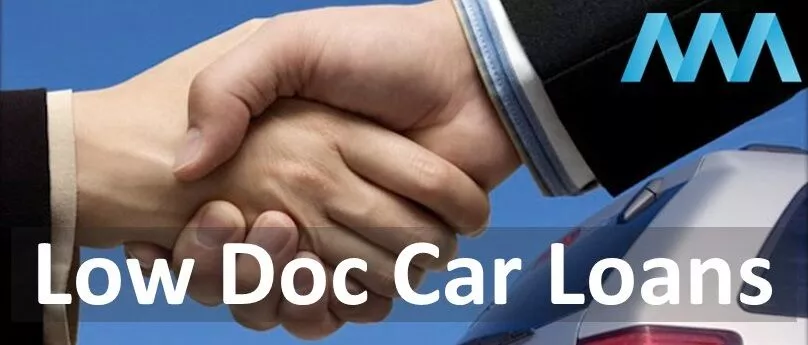The journey to homeownership can be exciting, but navigating the world of mortgages can feel overwhelming, especially for first-time borrowers. When traditional loan options seem out of reach due to income verification hurdles, you might encounter the term “low doc loan.” But what exactly are low doc loans, and are they the right fit for you?
Understanding Low Documentation Loans: Streamlined Documentation
Unlike traditional home loans that rely heavily on tax returns and paystubs to verify income, no doc loans offer a more flexible approach. As the name suggests, Low Documentation Loans minimize the documentation required for income verification. This can be a significant advantage for self-employed individuals, freelancers, or those with unconventional income sources. These borrowers may find it difficult to provide the standard paperwork traditional lenders require.
When to Consider a Low Doc Loan
While low doc loans provide a welcome alternative for some borrowers, they aren’t a one-size-fits-all solution. Here are some scenarios where a low doc loan might be a suitable option:
- Self-Employed or Freelancer: If your income fluctuates or you’re relatively new to being self-employed, traditional lenders might struggle to verify your income stability. Low Documentation Loans can help bridge this gap by considering alternative forms of income verification.
- Rental Income: Do you own investment properties that generate rental income? Low Documentation Loans may allow you to factor in that income when qualifying for a mortgage, even if you lack traditional employment documentation.
- Limited Employment History: Perhaps you’re a recent college graduate or someone re-entering the workforce after a break. With a limited employment history, no doc loans can help showcase your current income potential.
The Low Doc Loan Application Process: What to Expect
While the exact application process can vary depending on the lender, here’s a general breakdown of what to expect:
- Initial Consultation: Discuss your financial situation and property goals with a mortgage broker specializing in low doc loans. They can assess your eligibility and guide you through the specific requirements of different lenders.
- Documentation Gathering: Although it’s called a low doc loan, some documentation will still be required. This might include bank statements, tax returns (if available), and business activity statements (for self-employed borrowers).
- Alternative Verification: To compensate for limited traditional income verification, lenders may use alternative methods like asset verification, bank deposits analysis, or utilizing a chartered accountant’s letter to confirm your financial health.
- Approval and Closing: Once your application is reviewed and approved, the closing process for a low doc loan is similar to a traditional mortgage.
Weighing the Pros and Cons: Is a Low Doc Loan Right for You?
Low Documentation Loans offer a path to homeownership for those who might struggle with traditional loan requirements. However, it’s crucial to consider the downsides:
- Higher Interest Rates: Due to the increased risk associated with less rigorous income verification, no doc loans typically come with higher interest rates compared to traditional loans.
- Larger Down Payment: Many lenders require a larger down payment (often 20% or more) for low doc loans to offset the perceived risk.
- Stricter Eligibility Criteria: Qualifying for a low doc loan can be more challenging than a traditional loan. Lenders may have stricter requirements for credit score, financial reserves, and business stability (for self-employed borrowers).
Conclusion
Low Documentation Loans can be a valuable tool for first-time borrowers who face challenges with traditional income verification. However, it’s essential to weigh the pros and cons carefully. Consulting with a qualified mortgage broker who specializes in low doc loans is a crucial step. They can help you navigate the application process, understand the risks involved, and determine if a low doc loan is the right path to achieve your homeownership dream.










